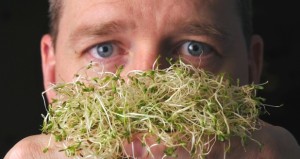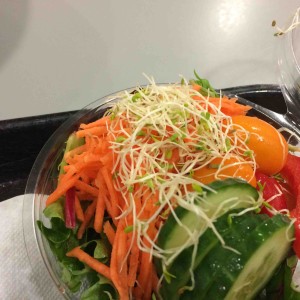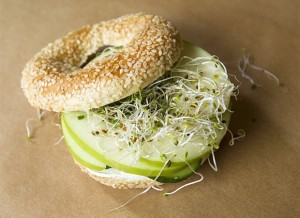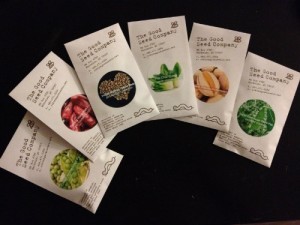Many regulators see going public with information related to an outbreak as a no-win situation. As Paul Mead once said – ‘If you’re wrong, you went public too early; if you’re right, you went [public] too late.’
Best to err on the side of public health – and tell folks about the uncertainties in your data and decision-making.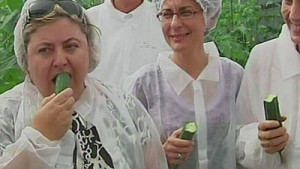
In 2011, at the height of an E. coli O104 outbreak which led to 4,075 illnesses (including 908 cases of HUS) and 50 deaths in 16 countries, epidemiological information was evolving. During the investigation, German authorities, based on a sample taken out of a trash bin, fingered Spanish cucumbers as the source. It turned out to be fenugreek sprouts.
According to ThinkSpain, a Spanish cucumber firm is being compensated for being wrongfully implicated.
A German court has upheld a Málaga-based vegetable cooperative’s claim for compensation after the E.coli scare was incorrectly linked to Spanish cucumbers.
Sales director for Frunet, Richard Söpenberg, says that although the co-op had sued for €2.3 million, the case was more about clearing its name than earning back the money it had lost through the unfair finger-pointing at its produce.
“The judge in Hamburg has recognised that we did nothing wrong, and we are very proud and happy about that – above and beyond the compensation awarded, what’s most important is the restitution of the company’s good name,” Söpenberg revealed.
The cooperative’s sales manager says he ‘trusts the case will serve as a learning curve’, since it highlights the extent of harm an ‘unfounded accusation’ can cause any firm.
 “Pointing the finger at a company can destroy it completely in seconds, and this is something that could happen to any firm in the world,” Söpenberg warned.
“Pointing the finger at a company can destroy it completely in seconds, and this is something that could happen to any firm in the world,” Söpenberg warned.
Missing from the mis-fingered cucumber story is the food safety steps that Spanish growers/shippers/distributors take to ensure microbial food safety. An outbreak like this was an opportunity to brag – if procedures are in place and there’s data to back it up. Too bad it had to come out in court proceedings over four years later.

